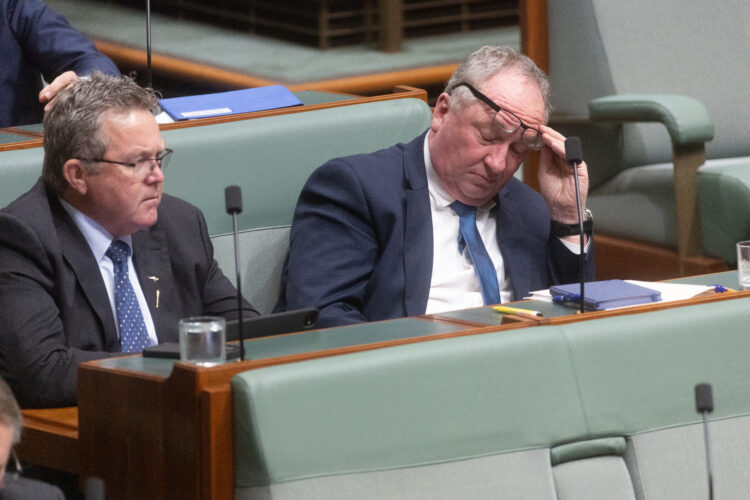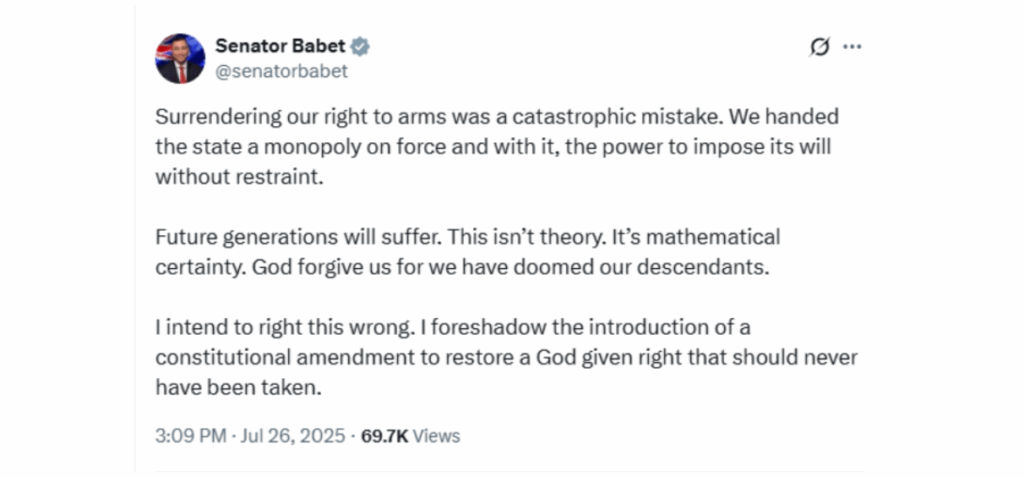For reasons known only to the Liberal tactics committee and we assume, the Very. Smart. People. that inhabit Ted O’Brien’s senior staff, Ted O’Brien gives Jim Chalmers a dixer:
My question goes to the Treasurer. Under Labor there has been 12 interest rate increases (inflation started rising under the Coalition), inflation remains too high (lol, it is at 2.4% – well within the RBA target band), A 5 per cent productivity collapse, a household recession and the fastest fall in living standards on record yet the Treasurer has boasted about to unemployment rate. What does the Treasurer tell the Australian people now that the unemployment rate has spiked to its highest level in almost three years? (omg – this is just a gift to Chalmers, considering what unemployment was under the Coalition)
Chalmers is on this question like tipsy me on a slippery slide:
I say to the Australian people that unemployment is average lower than any other government in the last 50 years. That’s what I say to the Australian people. If you compare every single government of the last half century, Mr Speaker, the government led by this guy has overseen the lowest average unemployment of any of those governments for half a century.
This is precisely why the people in front of the member for Fairfax are more excited about his promotion than the people behind him.
Because he bowls up these absolute Dixers. He’s doing his best to make the former Shadow Treasurer look good. Mr Speaker,
I’m asked about the progress that Australians have made in our economy. I invite the Shadow Treasurer, I invite the House, to cast their mind back to the day that we were elected in 2022. Interest rates were already going up. He forgot to mention that. Inflation was much higher and galloping. It had a six in front of it. It now has a two in front of it. We saw a substantial fall in living standards in the last quarter of those opposite. real wages had been going down, not by accident but as a deliberate design feature of their economic policy. We don’t pretend that every challenge in our economy has been solved but we do acknowledge that Australians together have made substantial and now sustained progress in our economy.
Inflation has ha two in front of it now. It has a six in front of it under those opposite.
Real wages have been growing for 18 consecutive months under this government. Again not by accident but a deliberate design feature of our economic policy. Living standards have turned around and are starting to grow again, recovering some of the losses that they made under those opposite. When we came to office, there were only deficits in the budget. We turned two of them into surpluses.
When we came to office there was a trillion dollars..
Ted O’Brien gets in trouble for interjecting 14 times in one answer (interjecting is truly is one of his only talents) and Dugald Dick makes an appearance in telling him to cool it.
Chalmers:
Because of the progress we have made on the budget, not pretending that the work is done, but we have made progress, a couple of surpluses, much smaller deficit this year, less debt than we would have inherited this year, saving on interest costs, all the progress the Australians have made room. We’ve been able to find room with the cost of living, make their medicines cheaper, cut their taxes three times, all of the other way that is we’re helping Australians with the cost of living. The Shadow Treasurer was asked on 14 July on 2GB what the main feedback was from the election. He said he’s been getting lots of feedback and he said his feedback was people liked their policies. That’s news to me. Their policy was for higher taxes and bigger deficits.

